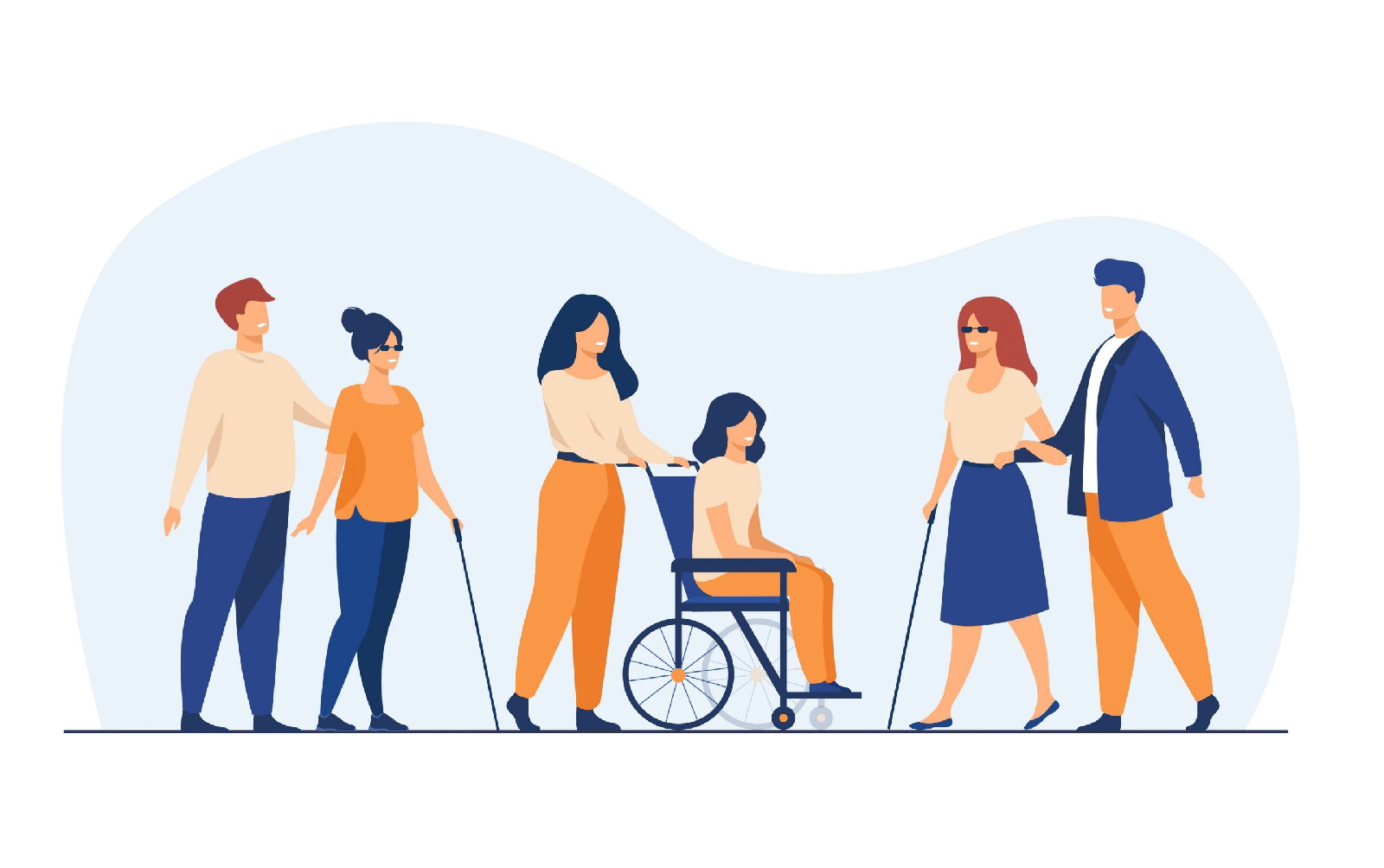Hi all, today I would like to share about the interesting topic, namely "why must we help the poor", the main reason why I choose that topic because act of giving is the powerful act to change the world, now imagine if there's nobody contribute his wealth, the world's economy will be stuck, plus, there's must be imbalance in statistically surplus of money flow, Helping the poor is both a moral and practical responsibility that benefits individuals and society as a whole. Here are key reasons why we must help the poor:
1. Moral Obligation
Compassion and empathy are fundamental human values. Supporting those in need reflects a sense of shared humanity and kindness. Many cultures and religions emphasize the importance of helping the less fortunate, promoting charity and selflessness.
2. Reducing Inequality
Economic disparities can lead to social unrest and division. Helping the poor narrows the gap between the rich and the disadvantaged, fostering social harmony. Equal opportunities ensure that everyone has a chance to contribute to society.
3. Breaking the Cycle of Poverty
Poverty often perpetuates itself across generations. Access to education, healthcare, and basic needs empowers individuals to escape this cycle. Investments in the poor create long-term benefits, enabling them to become self-reliant and productive.
4. Economic Growth
Supporting the poor increases their purchasing power, stimulating local and national economies,
an educated and healthy population enhances workforce productivity, driving progress.
5. Building a Just Society
Justice demands fairness and equal opportunities for all. Neglecting the poor undermines these principles. Helping the disadvantaged creates a more inclusive and equitable society.
6. Global Responsibility
In a world of abundant resources, no one should have to endure extreme poverty. Sharing wealth and resources reflects a commitment to global solidarity.
Ultimately, helping the poor uplifts not only those in need but also enriches communities by fostering empathy, stability, and progress, building a habit of charity requires intentional effort, consistency, and a mindset of giving. Here are some practical steps to cultivate this habit:
1. Start Small
Begin with manageable acts of charity, such as donating small amounts of money, food, or time, Choose causes you feel passionate about to stay motivated.
2. Set a Goal
Decide how often you want to give—daily, weekly, or monthly, set realistic targets, such as contributing a percentage of your income or volunteering a set number of hours.
3. Integrate Charity into Your Routine
Make giving a natural part of your life, such as setting aside change for donations or regularly contributing to a favorite charity, use tools like automatic donations to make the process seamless.
4. Stay Educated
Learn about the needs of different communities and the impact of charity, follow organizations that align with your values to stay inspired and informed.
5. Volunteer
Offering your time and skills is a powerful way to build a charitable habit, Volunteer at local shelters, schools, or environmental organizations to experience the impact firsthand.
6. Get Others Involved
Encourage friends, family, or coworkers to join you in acts of charity, Participate in community events or group fundraisers for mutual accountability.
7. Celebrate Progress
Reflect on the difference your contributions make, no matter how small. Acknowledge your efforts and use this as motivation to continue.
8. Practice Gratitude
Recognize your privileges and blessings, which can deepen your desire to help others. Keep a gratitude journal to regularly remind yourself of what you can share.
9. Be Consistent
Make giving a habit, not an occasional act. Consistency builds long-term impact. Stick to your commitment, even during busy or challenging times.
10. Teach and Share
Talk about charity with children, friends, or peers to inspire others. Sharing your journey can create a ripple effect and encourage more giving.
The key is to start small, be consistent, and stay connected to the positive change you're helping create. Over time, acts of charity will become second nature, hopefully this article can give you an insight how to improve your life, good luck.


